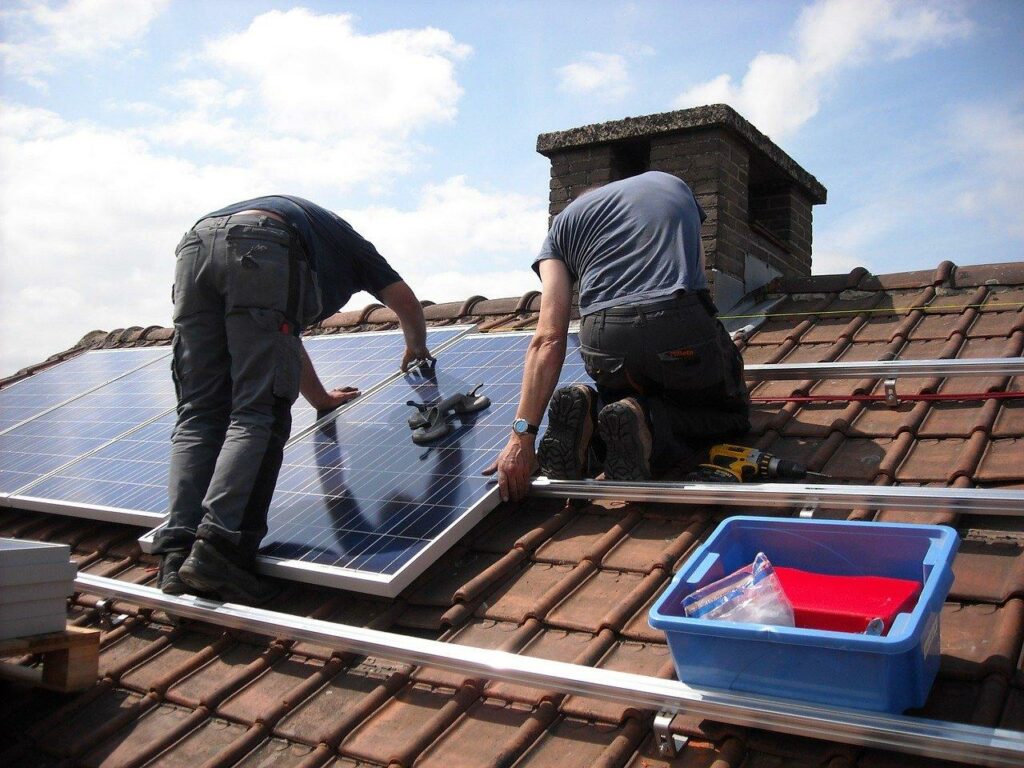The Environmental Audit Committee (EAC) has warned that “actions speak louder than words” following the early closure of the Green Homes Grant.
In a letter addressed to energy secretary Kwasi Kwarteng, the EAC has called for clarity for contractors and homeowners after the scheme was closed to new applicants last month.
It said that while the rationale given for the closure was that the delivery challenges for the scheme has been exacerbated by the COVID-19 pandemic, evidence from the EAC – including a survey of over 500 households – found no evidence that COVID-19 restrictions had an impact on demand for – or delivery of – the programme.
The committee went on to criticise the government for failing to consider recommendations it made in a report sent to the Department for Business, Energy and Industrial Strategy (BEIS) a week before the scheme was announced to be shuttered.
This “immediate rejection of a key recommendation” of the report – that the scheme “should not be scrapped or quietly wound down” – has led to the committee asking for a full explanation as to what account was taken of its recommendations before the decision to end the Green Homes Grant early was taken.
While the government would usually be expected to respond to the report within two full months, the EAC is asking for a response sooner than customary.
It outlined its concerns over the effect the closure of the voucher scheme will have on progress in retrofitting homes in the owner occupied and private rented sectors, as well as the fact that while the Local Authority Delivery is to continue, this will only grow those elements of the installer base and supply chain which are geared towards contracting with local authorities and other social landlords.
Indeed, the local authority model is also likely to only be effective in the areas where authorities have the resources and capacity to make effective bids for funds, leading to a ‘postcode lottery’.
The EAC added that when the Green Homes Grant was first announced in July 2020, it was expected to deliver improvements to up to 600,000 properties, however it now appears that even if all applications are accepted, less than 100,000 properties will in actuality be improved.
Figures released by BEIS in March showed that as of the end of February 2021 there had been 123,537 voucher applications, with 28,277 vouchers issued and 5,804 installations of green technology.
However, only 2,908 vouchers had been paid for. This echoed previous reports of members of the public waiting months to be issued vouchers and there being delays in installers being paid.
The committee said it is therefore looking forward to examining how the forthcoming Heat and Buildings Strategy will fill what it described as a “worrying gap”.
EAC chairman, Philip Dunne, said that “simply abandoning a critically important decarbonisation scheme when cracks appeared sets a poor example in the year we aim to show climate leadership”.
He added that the government must “get behind low-carbon housing and comprehend the complexity of decarbonising our housing stock, committing to initiatives essential to make net zero Britain a reality”.





